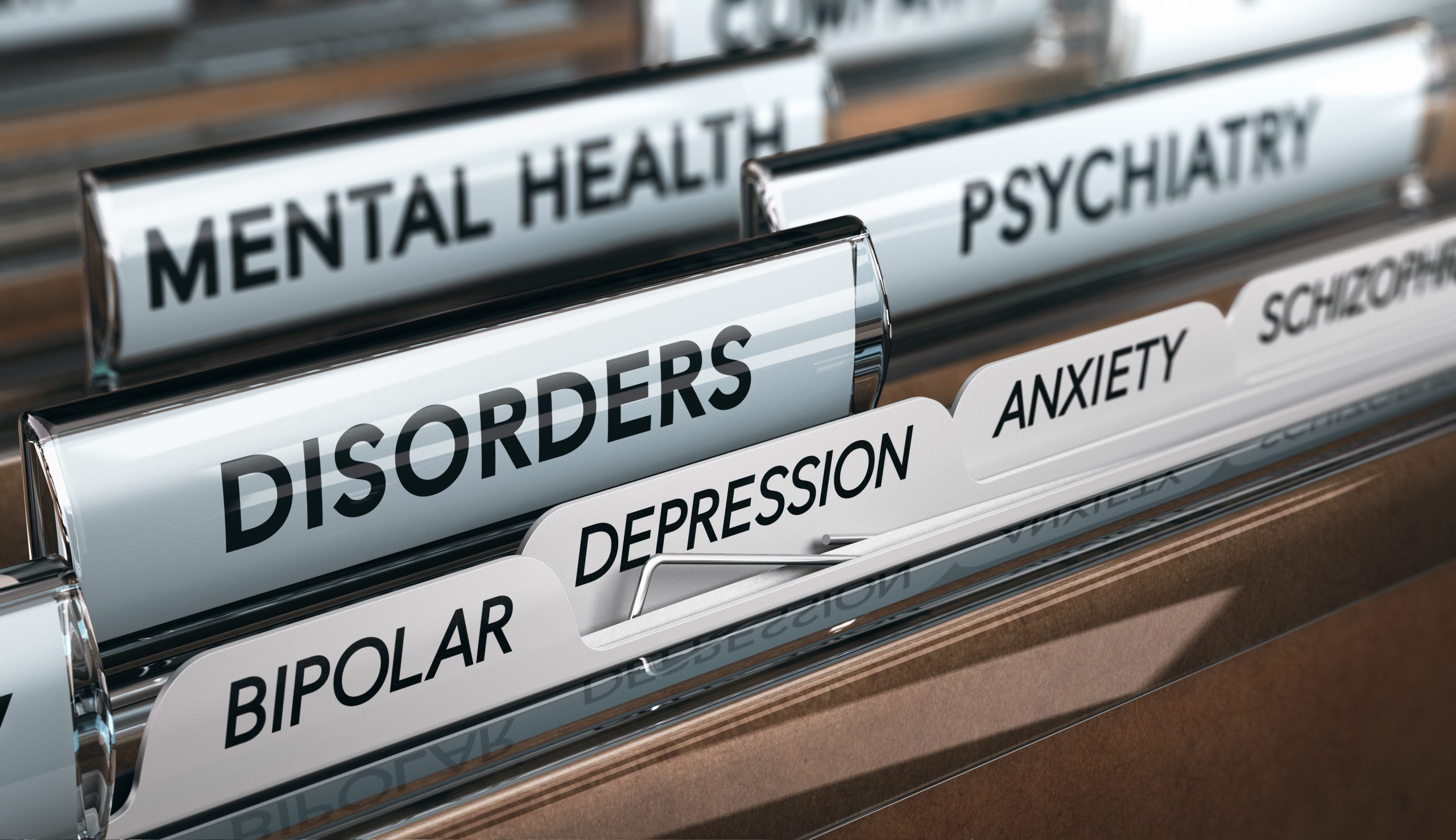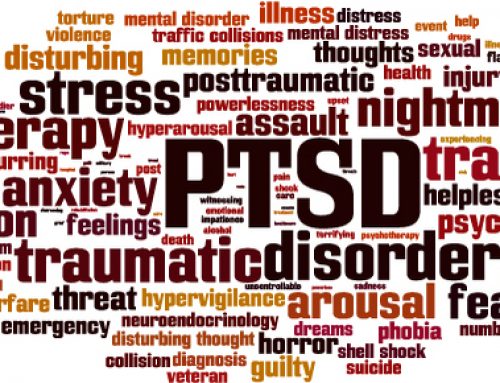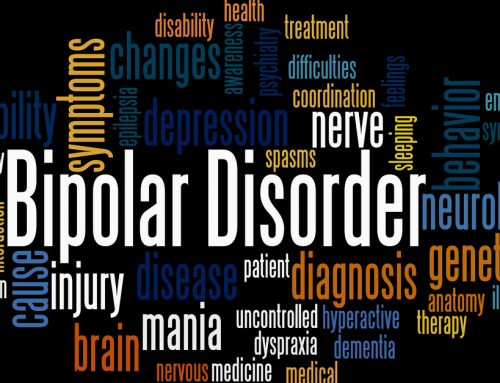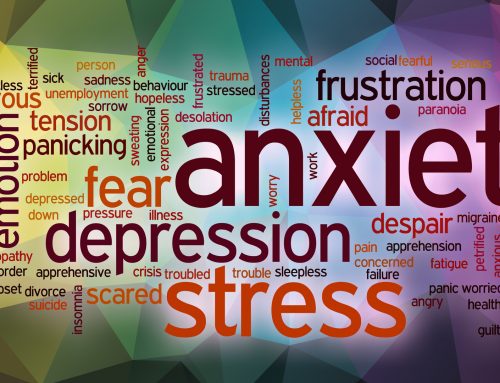Call a Top Mental Disability Lawyer with the Highest A+ rating from the BBB for a Free Consultation to win your Social Security SSDI SSI claims with a Mental Disorder. The Consultation is Free and you need no money to hire the best disability lawyer from my office. We receive a small percentage of your past due benefits from the Social Security Administration as our fee. We receive no attorney fee if you lose.
You can benefit a great deal from a Free Consultation with an experienced disability lawyer at our office concerning Disability with a Mental Impairment. We can point out the strengths and weaknesses of your case. Ultimately we can tell you how we can win your disability claim with a Mental Disorder.
When reading this article, pay particular attention to the discussion regarding limitations below. Be sure to look for Mental Impairment “Listings” that may apply to you. If you meet a “Listing,” you win. But remember, you need more than a diagnosis to win with a Mental Listing. In addition to the diagnosis, you must have serious to extreme limitations to meet a listing. Pay close attention to the “B” and “C” criteria discussed below.
Common mental disorders we see in disability cases include depression and anxiety. Read our article about depression and disability here. Read our blog article about disabling anxiety entitled Anxiety Disability Lawyer here. Likewise, read our article about disability with a Bipolar Disorder entitled Bipolar Disorder Disability Lawyer here. You can read our article about Disability with PTSD here.
What Mental Disorders Qualify for Social Security Disability?
Social Security Disability cases involving mental disorders can be very difficult to win. Unlike cases involving physical impairments, we don’t enjoy the benefit of an x-ray or an MRI when trying to prove a mental disorder.
Basically, any mental impairment can qualify for Social Security Disability benefits so long as it prevents you from performing gainful work on a regular basis. To qualify, the mental disorder must meet certain requirements including:
- The mental disorder must be diagnosed by a real doctor;
- You must be following a prescribed treatment program;
- The mental disorder must prevent you from performing all work you have previously performed within the past 15 years;
- The mental disorder must prevent you from being able to perform other available work; and
- The mental disorder must last at least 12 consecutive months;
Simply stated, the Mental Disorder must disable you from all work for at least 12 consecutive months despite treatment to qualify for disability benefits.
Win Disability Benefits with a Mental Disorder Impairment “Listing”
When analyzing Mental Disorder claims, Social Security will use a “Listing” of Impairments. There are special Listings for Mental Disorders. The beauty of Impairment Listings is that if you meet the requirements of a Listed Impairment, you win. The Mental Listings include the following disorders:
- 12.02 Neurocognitive Disorders – clinically significant decline in cognitive function, loss of memory, loss of mental function, dementia, alzheimers, TBI, Mulptiple Sclerosis, Parkinsons, Huntingtons;
- 12.03 Schizophrenia and other Psychotic Disorders – delusions, hallucinations, paranoia;
- 12.04 Depression, Bipolar – persistent depression, major depressive disorder,;
- 12.05 Intellectual Disorder – mental retardation, subaverage general intellectual functioning with significant deficits, manifestation of disorder prior to age 22;
- 12.06 Anxiety and Obsessive Compulsive Disorder – severe anxiety, excessive worry, panic attacks, panic disorder, agoraphobia, fear of being around people, avoidance;
- 12.07 Somatic Symptoms and related disorders – conversion disorder, illness anxiety disorder, preoccupation with having or acquiring a serious medical condition not yet identified;
- 12.08 Personality and impulse control disorders – inflexible behavior, distrust, preoccupation with orderliness, explosive disorder;
- 12.10 Autism – deficits in development of reciprocal social interaction, unusual responses to stimuli, unevenness in development of cognitive skills, intellectual impairment not required;
- 12.11 Neurodevelopmental Disorders – abnormalities in cognitive processing developed during childhood or adolescence, learning deficits, borderline intellectual functioning, tic disorders, Tourette syndrome;
- 12.13 Eating Disorders – excessive over eating, preoccupation with eating, anorexia, bulimia, binge eating;
- 12.15 Trauma and stressor-related disorders – Post Traumatic Stress Disorder (PTSD), dreams, nightmares, flashbacks, avoidance;
You can be diagnosed with any one or more of the above Mental Disorders and still not meet a Listing. Indeed, many people work with Mental Impairments such as depression, anxiety, PTSD, Agoraphobia, and other Listed disorders. When work limitations caused by the Mental Disorders become too severe, that is when you can win disability with a Mental Disorder by meeting a “Listing.” Social Security refers to this as the “B Criteria” requirement of the Mental Disorder Listings.
Focus on The Severity of Your Limitations to Meet a Mental “Listing”
In most Mental Disorder disability cases, the severity of your limitations known as the “B Criteria” is really what the fight is all about. Your limitations should be the focus of your proofs.
The Listings focus on 4 enumerated areas of limitation. We have special forms we use at our Disability office to prove the severity of mental limitation required to meet a Mental Disorder Listing.
How do You Win Disability with the “B Criteria in a Mental Disorder case?
The “B Criteria” includes 4 areas of limitation. In order to meet the “B Criteria” of a Mental Listing, you must have seriously limited (marked) limitations in at least 2 of 4 areas. Or, you must have “extreme” limitations or inability to function independently in at least 1 of 4 areas. Basically, when deciding a Mental Disorder case, Social Security seeks to determine whether you are capable of performing a regular full time work schedule on a sustained basis. The areas of limitation include your ability to:
- Understand, remember, or apply information;
- Interact with others;
- Concentrate, persist, or maintain pace
- Adapt or manage oneself;
The same “B Criteria” listed above are used for various Mental Listings including Depression, Anxiety, Schizophrenia, Major Depressive Disorder, Agoraphobia, Personality Disorder, Psychosis, Delusions, Hallucinations, PTSD, and other mental impairments.
To reiterate, it is not enough to merely have a diagnosis to win disability with a Mental Disorder. The degree of limitation caused by the Mental Disorder is crucial to winning with a Mental Impairment Listing. Your limitations caused by the disorder must be severe enough to preclude employment.
How do You Win Disability with the “C Criteria” in a Mental Disorder case?
The “C Criteria” can be used as an alternative to “B Criteria” in certain listings, 12.02, 12.03. 12.04, 12.06, and 12.15. To meet the “C Criteria,” the mental disorder must be “serious and persistent.” In the eyes of SSA, “Serious and Persistent” requires the disorder to last at least 2 years. Additonally, there must be evidence of both of the following:
- Medical treatment, mental health therapy, psychosocial support(s), or a highly structured setting(s) that is ongoing and that diminishes the symptoms and signs of your mental disorder, and
- Marginal adjustments, that is, you have minimal capacity to adapt to changes in your environment or to demands that are not already part of your daily life.
You must satisfy both C1 and C2 above to meet the “C Criteria to meet a Mental Disorder Listing. You satisfy the C1 criteria above when the evidence shows you rely on ongoing medical treatment, mental health therapy, psychosocial supports, or highly structured settings to diminish symptoms. You satisfy C2 if despite diminished symptoms, you achieve only marginal adjustment.
SSA describes “marginal adjustment” to mean that your adaptation to daily life is “fragile.” In other words, you have minimal capacity to adapt to environmental changes or demands that are not already a part of your daily life. “Marginal adjustment” can be shown with evidence of worsened symptoms and deterioration in function caused by changes or increased demands. Examples used by SSA include inability to function outside your home without substantial psychosocial supports. Other examples include episodes of deterioration requiring hospitalization or absences from work making it difficult to sustain work over a period of time.
How Does the Social Security Administration View periods of Mental Disorder Exacerbations and Remissions?
People who suffer from Mental Disorders often go through periods in which their symptoms improve and periods in which their symptoms become worse. They may be able to work during periods of improvement. This does not mean, however, that they are capable of sustaining a regular work schedule.
SSA will not find you “not disabled” merely because of periods of remission. Nor will SSA find you “disabled” merely because you experience periods of exacerbation. SSA will, however, consider these periods to determine whether you can sustain work on a regular basis. Consequently, it is important to document the frequency and duration of periods in which the Claimant’s symptoms become worse and interfere with daily activities.
Claimants can be poor historians in Mental Disorder Disability cases. They often fail to tell their doctors about their symptoms. They may be unaware of their mental symptoms. Sometimes they are afraid to tell their doctors about their symptoms for fear of being locked up or losing their children. Family members, caregivers, and friends can assist by providing input to the Claimant’s doctors with the Claimant’s permission. This can help the doctor better understand the true severity of the Claimant’s Mental Disorder.
Can I Win Disability even If I Don’t Meet a Mental Impairment Listing?
You can still win disability with a Mental Disorder even if you do not meet the literal terms of Mental Disorder Listing. Even if you fail to meet a Listing, we still have other ways to win your claim. But remember, winning a mental disorder case can be very difficult. There are many reasons why Mental Disorder cases fail. You should consult an experienced Disability Lawyer at my office to learn how to win a Mental Disability SSDI and or SSI claim.
Common Reasons Why Mentally Disabled Claimants Lose Their SSDI and SSI Disability Claims
- The Mental Disorder simply does not interfere with work activities. Many people are capable of working with some degree of depression or anxiety and other symptoms. Remember, it is not enough to be diagnosed with a Mental Disorder. To be disabled according to SSA, your Mental Disorder must prevent you from sustaining work on a regular basis.
- The Claimant fails to treat regularly with a Mental Health professional. If you don’t treat psychiatrically for your Mental Disorders, you cannot expect to win your disability, SSDI, or SSI claims. This simple reason is that you will have no evidence. If you treat with a psychiatrist and therapist, your condition may improve to permit work. If you do treat psychiatrically, but you do not improve enough to sustain employment, you should win your disability claim.
- The Claimant fails to follow prescribed treatment. Sometimes medications improve symptoms enough to permit work. If the medications do not improve you enough to allow you to work, then you should win your disability claim. But, if you simply don’t take your medications, SSA will not know whether the medications will permit work if taken and will deny your claim.
- Some Claimants consume alcohol and drugs. When this happens, SSA must try to decide whether it is your disabling condition that causes you to be unable to work or whether it is the alcohol or drugs. When alcohol or drugs is material to the determination, SSA must go through a lengthy detailed analysis that they simply do not like to do. If they think that alcohol or drugs may be contributing to the disability, SSA likes to simply state that it is not material to the determination of disability. In doing so, they can avoid the detailed analysis regarding alcohol or substance abuse. But, SSA will likely deny your claim on some other basis without the alcohol or substance abuse analysis. In reality, even though they may avoid the analysis, we presume SSA really considers alcohol and drug use without expressly stating so.
- Claimants fail to tell their mental health professionals about their worst symptoms. Patients are often afraid to tell their doctors about severe symptoms including suicidal thoughts, homicidal thoughts, hallucinations, and delusions. Claimants may fear being arrested, locked up, being hospitalized, or having their children taken from them. Their fears need to be alleviated and they need to tell their doctors about all their symptoms from mild to severe. Claimants’ doctors need to understand the true severity of the patient’s symptoms to be able to properly diagnose and treat them. Additionally, full disclosure of symptoms will ultimately help the Claimant win his or her disability claim.
- Claimants often go to the wrong doctors. Opinions from the Claimant’s psychiatrist and therapist regarding work preclusive limitations can be invaluable. Yet, some of these doctors refuse to write a letter expressing their opinions about your limitations and ability to remain employed. SSA expects to receive disability letters from your doctors. If SSA receives no such letters from your doctors, SSA assumes that your doctor feels you are not disabled and you can work. Unfortunately, this can cause you to lose your claim. You should ask your doctors whether they write disability letters for their patients when appropriate. If they don’t, consider finding a new doctor who does.
- Lack of evidence. This is a consequence of some of the other problems already mentioned.
Why Should you Call a Disability Lawyer at Social Security Professionals to Win Your Mental Disorder Disability SSDI or SSI Claim?
You should call a Top Rated Disability Lawyer with the Best A+ rating attainable from the Better Business Bureau to win your Mental Disability Claim. You need no money to hire an experienced disability attorney from my office. We receive a percentage attorney fee from the Social Security Administration from past due benefits only if you win. There are absolutely no attorney fees if you lose.
Unlike other firms that will require you to pay their costs, we use devices to eliminate costs so that you never have to pay a penny. Call for a Free Consultation regarding Disability with a Mental Disorder. Free Consultation. No Fee Unless You Win. (248) 549-3485.

Call Top Rated Disability Lawyer Donald Peters to Win Disability benefits with a Mental Disorder. Free Consultation. No Win – No Fee






